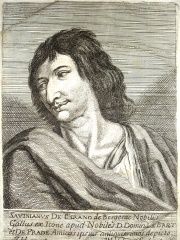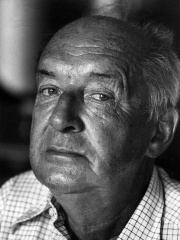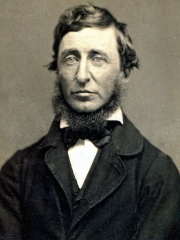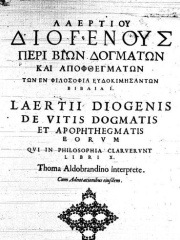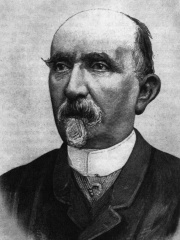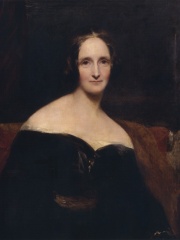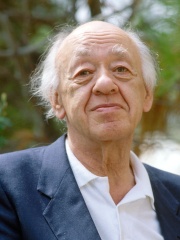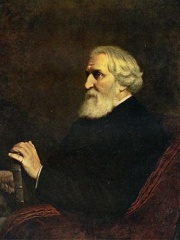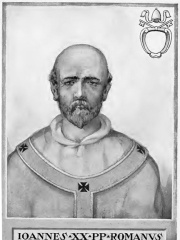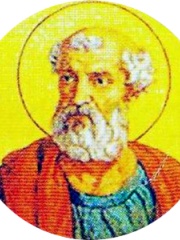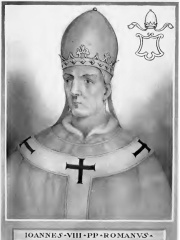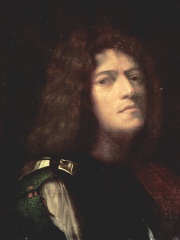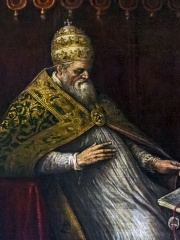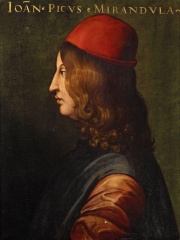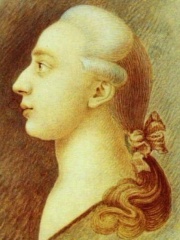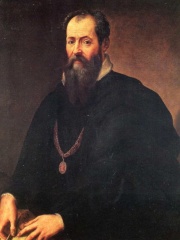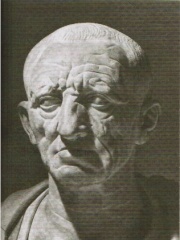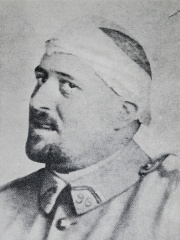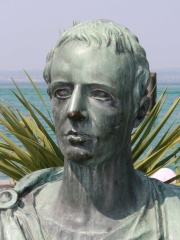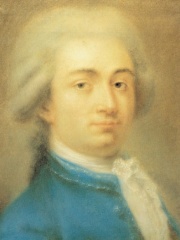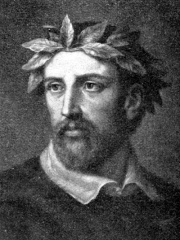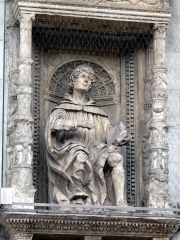Writer
Plautus
254 BC - 184 BC
EN.WIKIPEDIA PAGE VIEWS (PV)

 Plautus
Plautus
Titus Maccius Plautus ( PLAW-təs; c. 254 – 184 BC) was a Roman playwright of the Old Latin period. His comedies are the earliest Latin literary works to have survived in their entirety. He wrote Palliata comoedia, the genre devised by Livius Andronicus, the innovator of Latin literature. Read more on Wikipedia
His biography is available in 66 different languages on Wikipedia. Plautus is the 153rd most popular writer (down from 131st in 2024), the 223rd most popular biography from Italy (down from 146th in 2019) and the 12th most popular Italian Writer.
Plautus is most famous for his comedic plays.
Memorability Metrics
Page views of Plautus by language
Among Writers
Among writers, Plautus ranks 153 out of 7,302. Before him are Cyrano de Bergerac, Vladimir Nabokov, Henry David Thoreau, Diogenes Laërtius, Emily Brontë, and Carlo Collodi. After him are Yasunari Kawabata, H. P. Lovecraft, Mary Shelley, Samuel Beckett, Eugène Ionesco, and Ivan Turgenev.
Most Popular Writers in Wikipedia
Go to all RankingsCyrano de Bergerac
1619 - 1655
HPI: 79.80
Rank: 147
Vladimir Nabokov
1899 - 1977
HPI: 79.76
Rank: 148
Henry David Thoreau
1817 - 1862
HPI: 79.75
Rank: 149
Diogenes Laërtius
180 - 240
HPI: 79.75
Rank: 150
Emily Brontë
1818 - 1848
HPI: 79.72
Rank: 151
Carlo Collodi
1826 - 1890
HPI: 79.68
Rank: 152
Plautus
254 BC - 184 BC
HPI: 79.62
Rank: 153
Yasunari Kawabata
1899 - 1972
HPI: 79.61
Rank: 154
H. P. Lovecraft
1890 - 1937
HPI: 79.50
Rank: 155
Mary Shelley
1797 - 1851
HPI: 79.46
Rank: 156
Samuel Beckett
1906 - 1989
HPI: 79.46
Rank: 157
Eugène Ionesco
1909 - 1994
HPI: 79.45
Rank: 158
Ivan Turgenev
1818 - 1883
HPI: 79.43
Rank: 159
Contemporaries
Among people born in 254 BC, Plautus ranks 1. After him are Quintus Fabius Pictor, and Machanidas. Among people deceased in 184 BC, Plautus ranks 1. After him is Emperor Qianshao of Han.
Others Born in 254 BC
Go to all RankingsPlautus
WRITER
254 BC - 184 BC
HPI: 79.62
Rank: 1
Quintus Fabius Pictor
WRITER
254 BC - 201 BC
HPI: 66.32
Rank: 2
Machanidas
POLITICIAN
254 BC - 207 BC
HPI: 59.71
Rank: 3
Others Deceased in 184 BC
Go to all RankingsPlautus
WRITER
254 BC - 184 BC
HPI: 79.62
Rank: 1
Emperor Qianshao of Han
POLITICIAN
150 BC - 184 BC
HPI: 67.24
Rank: 2
In Italy
Among people born in Italy, Plautus ranks 223 out of NaN. Before him are Pope John XIX (975), Vincenzo Bellini (1801), Gina Lollobrigida (1927), Carlo Collodi (1826), Pier Paolo Pasolini (1922), and Pope Pius I (90). After him are Giuseppe Meazza (1910), Pope John VIII (820), Giorgione (1478), Terence Hill (1939), Pope Honorius III (1148), and Giovanni Pico della Mirandola (1463).
Others born in Italy
Go to all RankingsPope John XIX
RELIGIOUS FIGURE
975 - 1032
HPI: 79.74
Rank: 217
Vincenzo Bellini
COMPOSER
1801 - 1835
HPI: 79.74
Rank: 218
Gina Lollobrigida
ACTOR
1927 - 2023
HPI: 79.72
Rank: 219
Carlo Collodi
WRITER
1826 - 1890
HPI: 79.68
Rank: 220
Pier Paolo Pasolini
FILM DIRECTOR
1922 - 1975
HPI: 79.68
Rank: 221
Pope Pius I
RELIGIOUS FIGURE
90 - 154
HPI: 79.67
Rank: 222
Plautus
WRITER
254 BC - 184 BC
HPI: 79.62
Rank: 223
Giuseppe Meazza
SOCCER PLAYER
1910 - 1979
HPI: 79.61
Rank: 224
Pope John VIII
RELIGIOUS FIGURE
820 - 882
HPI: 79.61
Rank: 225
Giorgione
PAINTER
1478 - 1510
HPI: 79.60
Rank: 226
Terence Hill
ACTOR
1939 - Present
HPI: 79.59
Rank: 227
Pope Honorius III
RELIGIOUS FIGURE
1148 - 1227
HPI: 79.58
Rank: 228
Giovanni Pico della Mirandola
PHILOSOPHER
1463 - 1494
HPI: 79.56
Rank: 229
Among Writers In Italy
Among writers born in Italy, Plautus ranks 12. Before him are Horace (-65), Umberto Eco (1932), Giacomo Casanova (1725), Giorgio Vasari (1511), Cato the Elder (-243), and Carlo Collodi (1826). After him are Guillaume Apollinaire (1880), Catullus (-84), Carlo Goldoni (1707), Torquato Tasso (1544), Pliny the Younger (61), and Juvenal (50).
Horace
65 BC - 8 BC
HPI: 84.80
Rank: 6
Umberto Eco
1932 - 2016
HPI: 83.13
Rank: 7
Giacomo Casanova
1725 - 1798
HPI: 83.07
Rank: 8
Giorgio Vasari
1511 - 1574
HPI: 82.06
Rank: 9
Cato the Elder
243 BC - 149 BC
HPI: 79.82
Rank: 10
Carlo Collodi
1826 - 1890
HPI: 79.68
Rank: 11
Plautus
254 BC - 184 BC
HPI: 79.62
Rank: 12
Guillaume Apollinaire
1880 - 1918
HPI: 79.26
Rank: 13
Catullus
84 BC - 54 BC
HPI: 78.70
Rank: 14
Carlo Goldoni
1707 - 1793
HPI: 77.89
Rank: 15
Torquato Tasso
1544 - 1595
HPI: 77.60
Rank: 16
Pliny the Younger
61 - 113
HPI: 77.45
Rank: 17
Juvenal
50 - 200
HPI: 77.14
Rank: 18
